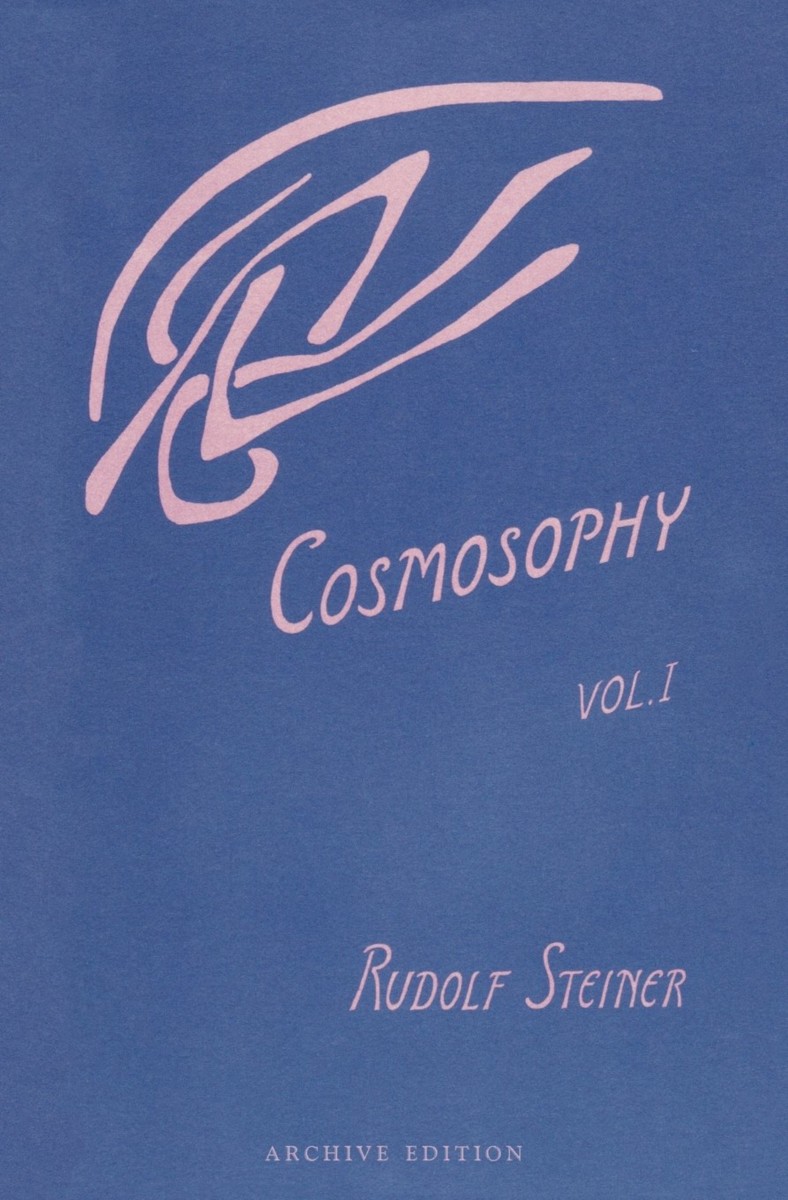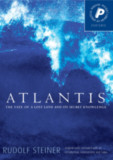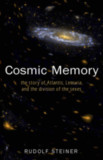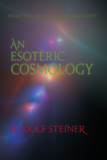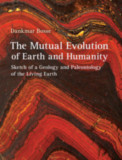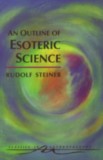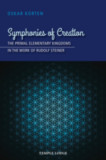Cosmosophy
Cosmic Influences on the Human Being (CW 207)
Volume 1- Publisher
SteinerBooks - Published
1st May 1985 - ISBN 9780880101110
- Language English
- Pages 192 pp.
11 lectures, Dornach, September 23 – October 16, 1921 (CW 207)
The year 1921 was a time of intense activity for Rudolf Steiner. Three years after World War 1, with social ideals and democracy trying to make their way into the Weimar Republic and the disastrous financial collapse just around the corner, Steiner concentrated his efforts on cultural renewal in economics, education, the arts, medicine, theology, and the sciences. Two clinics were opened; two publications began. He lectured in Germany, Switzerland, Amsterdam, The Hague, and Oslo, often giving two or three and occasionally four lectures a day. Anthroposophy was becoming more known with all this activity, but opposition was also growing stronger. Steiner said:
“The modern materialistic worldview is a product of fear and anxiety. This fear lives on in the outer actions of human beings, in the social structure, in the course of history.... Why did people become materialists? Why would people admit only the outer—what is given in material existence? People were afraid to descend into the depths of the human being.”
The mind–body split is the result of this fear to penetrate the inner human being; our lack of courage rebounds on society, producing the terrible conditions of modern civilization. Healing will come only when we summon the courage to penetrate the hidden mysteries of the inner human being.
In the Anthroposophical Society itself, Steiner sought to awaken the local groups from their comfortable complacency. Cosmosophy, volume 1, is the first part of a two lecture courses Steiner gave in Dornach in the fall of 1921 to members of the Society on Anthroposophy as cosmosophy—wisdom of the human being as cosmic wisdom. The eleven lectures, which are also part of a wider course of lectures during 1920 to 1921 (CW 201–209), reveal deep mysteries of the human being in relation to the cosmos.
Cosmosophy: Cosmic Influences on the Human Being (vol. 1) is a translation from German of Der Mensch in Zusammenhang mit dem Kosmos 7: Anthroposophie als Kosmosophie - Erster Teil: Wesenszüge des Menschen im irdischen und kosmischen Bereich (GA 207).
Rudolf Steiner
Rudolf Steiner (b. Rudolf Joseph Lorenz Steiner, 1861–1925) was born in the small village of Kraljevec, Austro-Hungarian Empire (now in Croatia), where he grew up. As a young man, he lived in Weimar and Berlin, where he became a well-published scientific, literary, and philosophical scholar, known especially for his work with Goethe’s scientific writings. Steiner termed his spiritual philosophy anthroposophy, meaning “wisdom of the human being.” As an exceptionally developed seer, he based his work on direct knowledge and perception of spiritual dimensions. He initiated a modern, universal “spiritual science” that is accessible to anyone willing to exercise clear and unbiased thinking. From his spiritual investigations, Steiner provided suggestions for the renewal of numerous activities, including education (general and for special needs), agriculture, medicine, economics, architecture, science, philosophy, Christianity, and the arts. There are currently thousands of schools, clinics, farms, and initiatives in other fields that involve practical work based on the principles Steiner developed. His many published works feature his research into the spiritual nature of human beings, the evolution of the world and humanity, and methods for personal development. He wrote some thirty books and delivered more than six thousand lectures throughout much of Europe. In 1924, Steiner founded the General Anthroposophical Society, which today has branches around the world.


